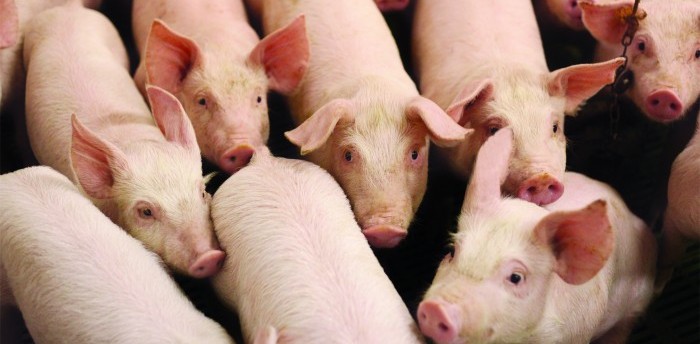A government-sponsored plan to increase Argentica’s hog industry with Chinese capitla is being met with public resistance from the Argentinian general public.
Nearly 400,000 have signed petitions opposing the proposal, including one from a group of environmental lawyers which has gained 200,000 signatures, one on change.org with 120,000 signatures, and three others for the same cause totalling 55,000 between them.
The main criticisms to the plan include accusations that say China is outsourcing the risk of a repetition of ASF outbreaks by moving production offshore, and a rapidly evoloving coronavirus situation in Argentina.
Another concern is that Argentina’s poor environmental laws would struggle to deal with powerful agroindustrial corporations. María Di Paola, an economist at Far, said: “Argentina doesn’t even have a national environmental law. This means that each of the plants will be under not federal control, but under the weaker control of provincial authorities.”
Environmental author Soledad Barruti, who delivered the 200,000 signatures to foreign ministry officials handling the China negotiations, said: “Public sensibility is heightened by the coronavirus pandemic, which just happens to have originated from animal contagion. So it’s not surprising, considering how large-scale intensive pig farming is already associated in the public’s mind with the spread of diseases, that so many are rejecting the idea.”
About the deal
The proposal, which would turn Argentina into one of China’s main pork suppliers, is being described to the general public by authorities as a $3.5bn (£2.7bn) funding that can generate $2.5bn in annual pork exports and supply 9,500 new jobs.
The deal aims for the South American country to make up for the losses in China from the recent spread of African Swine Fever, where, according to a survey of 1,500 Chinese pig farms last yea,r showed that 55% of farmers had abandoned plans to raise pigs again because of the risk of future disease.
The plan would see the installation of 25 hog farms of about 12,500 sows each to supply China’s growing appetite for pork, practically doubling Argentina’s current 350,00 sows, boosting production from 700,000 tonnes annually to 900,000 tonnes in four years time.
The deal would also act as an opportunity to turn the South American country’s main exports – maize and soya beans, which are sold as animal feed to China and Europe – into a value added product.
Argentina’s president Alberto Fernández said during a Council of the Americas online conference: “Ideally we would stop selling animal feed for the animals of others and start feeding our own animals to sell meat cuts around the world instead.”




